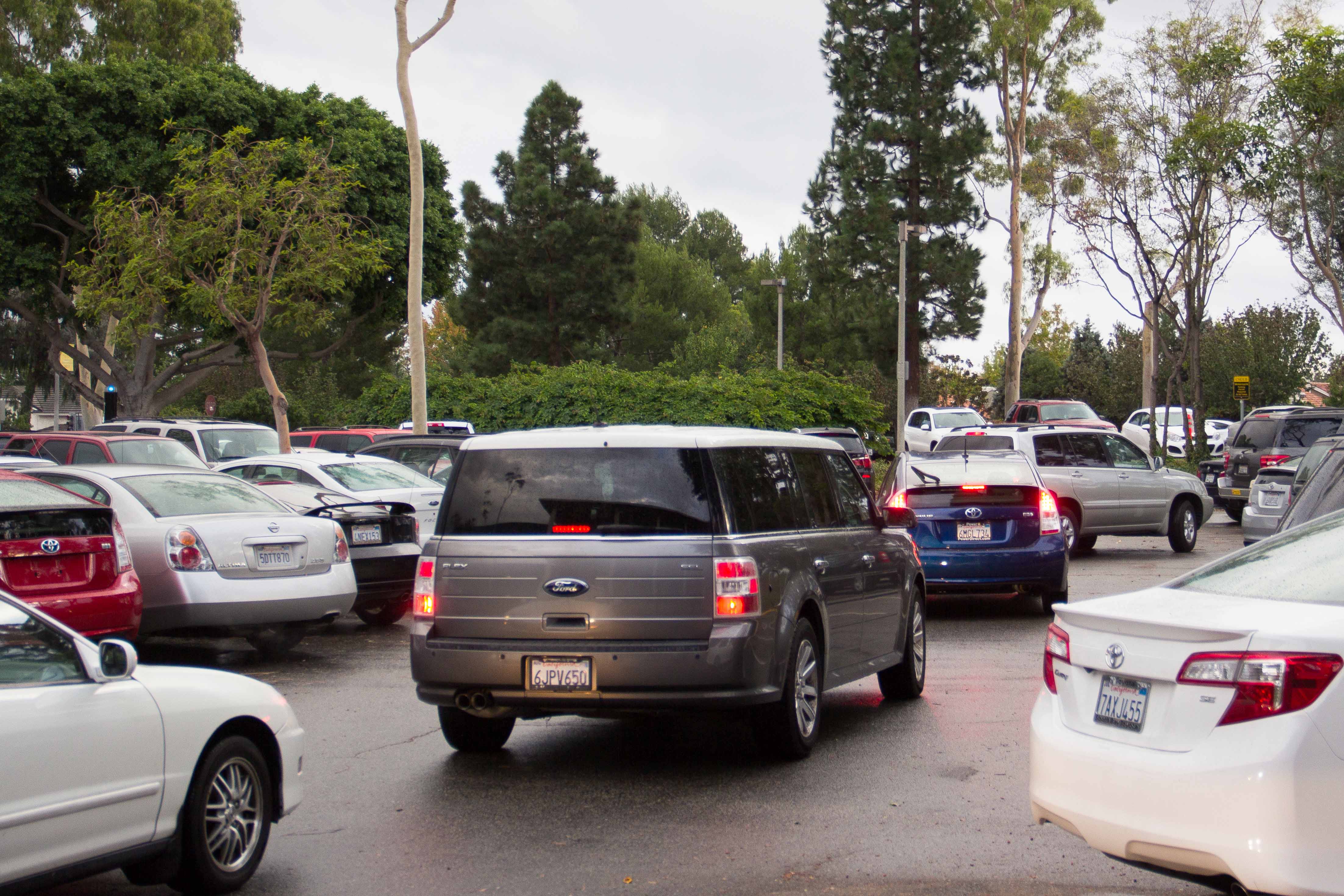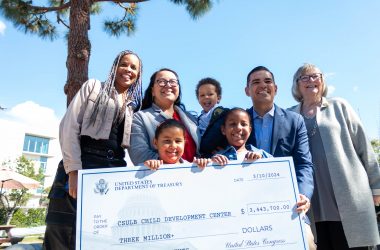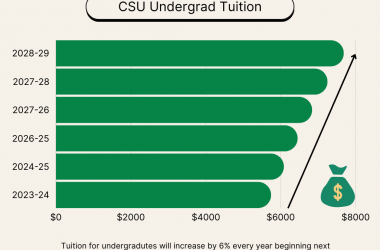A new parking policy is threatening a graduate program and clinic in the communicative disorders department, according to Chair of the department Carolyn Madding.
For the 27 years Carolyn Madding has worked at Cal State Long Beach, the disabled clients who frequent the Speech-Language Clinic have been able to park near the clinic in Parking Lots 6 and 7.
This year, however, a new parking policy is requiring clients to park farther away from the Language Arts building, which houses the clinic, according to Madding.
“The clinic is extremely important to the viability of the program,” Madding said. “As a result, any problems with parking or our clients not being able to get here puts our program in jeopardy.”
The university-based clinic provides comprehensive diagnostic and therapeutic services to children and adults who have communicative disorders such as autism, communicative cerebral palsy and Down syndrome.
According to Madding, the new Parking and Transportation Services (PTS) policy implemented at the beginning of the semester restricted her clients from parking in Lots 6 and 7, which are closest to the clinic. The clients were instead told to park in Lot 18 next to Brotman Hall, located nearly half a mile away.
Madding said the department has since appealed the new parking policy and as a result, a moratorium has been placed on the policy, allowing clients to park in Lots 6 and 7 until the end of the semester.
PTS initially developed a transition plan for the clients’ parking, a plan that allowed clients to continue parking in Lots 6 and 7 until Sept. 30. After that day, clients were transitioned to Lots 8 and 8A on upper campus for the remainder of the semester, according to Director of Operations in Financial Management Robyn Ames-Woodyard.
Madding, however, said that this solution was inadequate because there aren’t enough parking spaces in Lots 8 and 8A.
“That is out of the question. Obviously, the parking office has no clue of what we do here or our value to the community,” Madding said. “Our clients have shown up half an hour late to sessions, circling and circling and circling [the parking lots].”
For a mother like Erin Neubauer, who rushes her son from his kindergarten class to the clinic regularly, the new parking policy creates a problem. Neubauer said even with being able to park in Lots 8 and 8A, she still struggled to find parking.
“That’s not reasonable to drive around 50 minutes,” Neubauer said. “It would be a sad, sad day if the clinic were to lose its parking.”
Neubauer said she picks her son up from his class at 12:30 p.m. in order to make it to her son’s clinic session at 1 p.m. This gives her 30 minutes to drive to campus, park and then either walk or take the shuttle to the clinic with her son.
Neubauer said she has since told the department that these new parking conditions are unreasonable and that she has considered removing her son from the clinic.
“It’s very vital for us. I’ve been very happy with what I’ve seen; everything is very cutting edge,” Neubauer said about the clinic. “But this is the last straw. I can’t take my child out of school any earlier. I won’t.”
Neubauer isn’t the only one considering leaving the clinic. According to Clinic Secretary Jennifer Young, a dozen or so clients have either left or threatened to leave if conditions don’t improve.
Madding said this factor is putting the department’s graduate program in jeopardy.
The clinic provides an environment for graduate students to complete their required hours needed to graduate from the program.
According to the CSULB website, graduate students must complete 400 clinical hours working with communicatively disordered individuals in order to become certified speech-language pathologists.
Without the clinic, Madding said, graduate students would have to go elsewhere to complete the required clinical hours. She said this could also turn students away from enrolling in the CSULB graduate program.
Ames-Woodyard said via email that various groups are competing for the same parking resources in Lots 6 and 7.
“In the past, many of the parking procedures were vague, and it was difficult to apply them consistently,” Ames-Woodyard said. “The initial discussions to find a solution for clinic parking began when [PTS] began to hear from employees who were unable to find parking in restricted lots adjacent to clinics.”
According to Ames-Woodyard, PTS found that multiple clinics on campus make parking requests similar to those from the communicative disorders clinic. She said balancing employee-parking needs with the parking needs of other clinics compounded the problem.
Ames-Woodyard said it was important that PTS not make any policy changes without guidance from campus leadership, which is in the process of working to find a viable solution.




